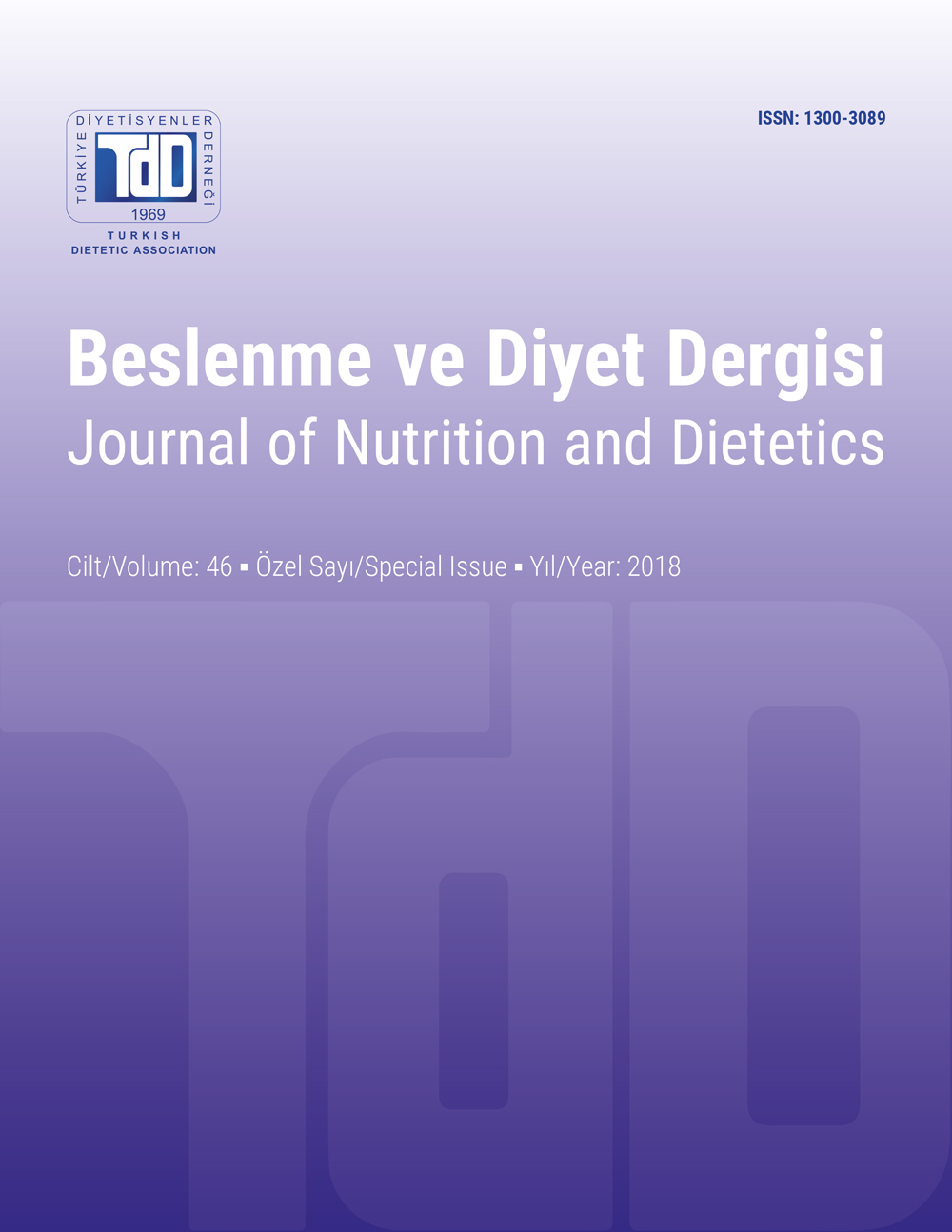Medical Nutrition Therapy in Nephrolithiasis
DOI:
https://doi.org/10.33076/2018.BDD.1172Keywords:
Kidney stone, diet, calcium, oxalateAbstract
The prevalence and incidence of nephrolithiasis is reported to be increasing across the world. In recent years, significant progress have been made in the field of nephrolithiasis. The factors and the specific molecular defects leading to stone formation have been revealed extensively. Besides urine concentration, the amount of crystals dissolved in the urine is also effective in the formation of kidney stones. By decreasing urine volume, the solubility of the dissolved substances in the urine changes and the risk of stone formation increases. Kidney stones can be formed when substances in the urine, such as oxalate and phosphorus, become highly concentrated. The genetics, metabolic and environmental factors may affect the urine composition and increase the kidney stone formation. Diet is one of the factors that can promote or inhibit kidney stone formation. Dietary changes can play a key role in the treatment and prevention of kidney stones. Reducing the urinary supersaturation is important for the prevention or the reoccurence of kidney stone formation. Fluid intake should be increased up to 2 to 2.5 L per day. Hypoxaluria, which may occur as a result of high dietary oxalate or low calcium intake, is a risk factor for calcium oxalate stone formation. It is important to avoid unnecessary dietary calcium restrictions, and oxalate-rich foods should be restricted to prevent kidney stones. Dietary sodium intake should also be considered, since increased sodium intake may trigger hypercalciuria, a well-known risk factor for kidney stones, by reducing the renal tubular reabsorption of calcium. Thus, the environmental factors, particularly diet, should be managed for the prevention and reoccurence of kidney stones.

